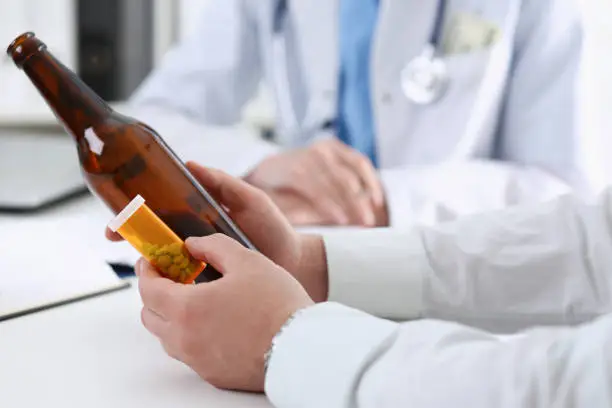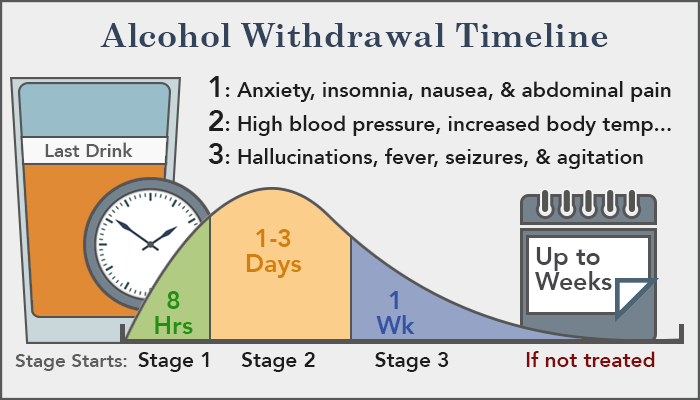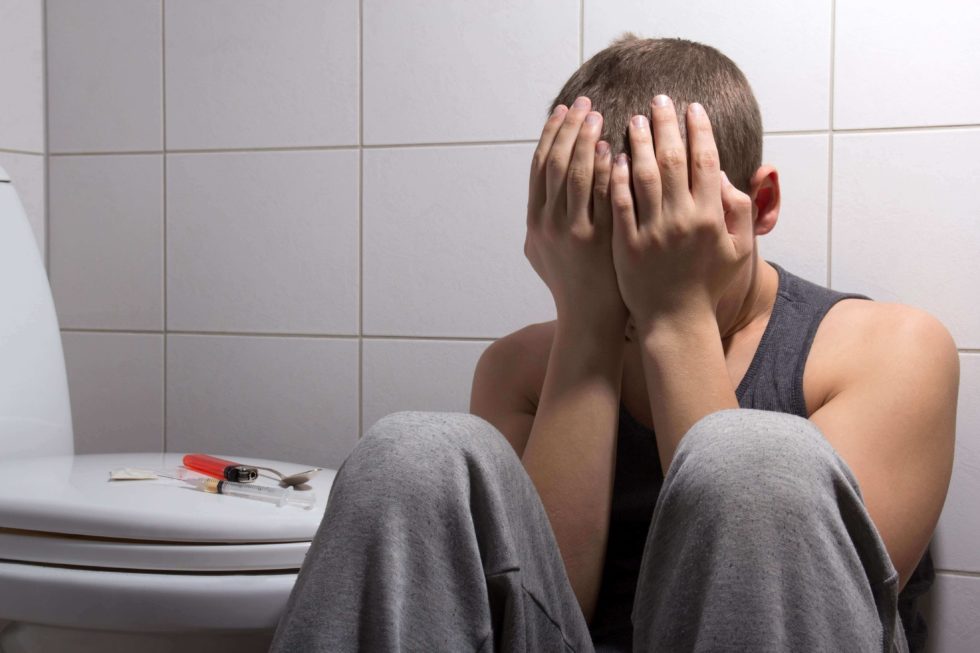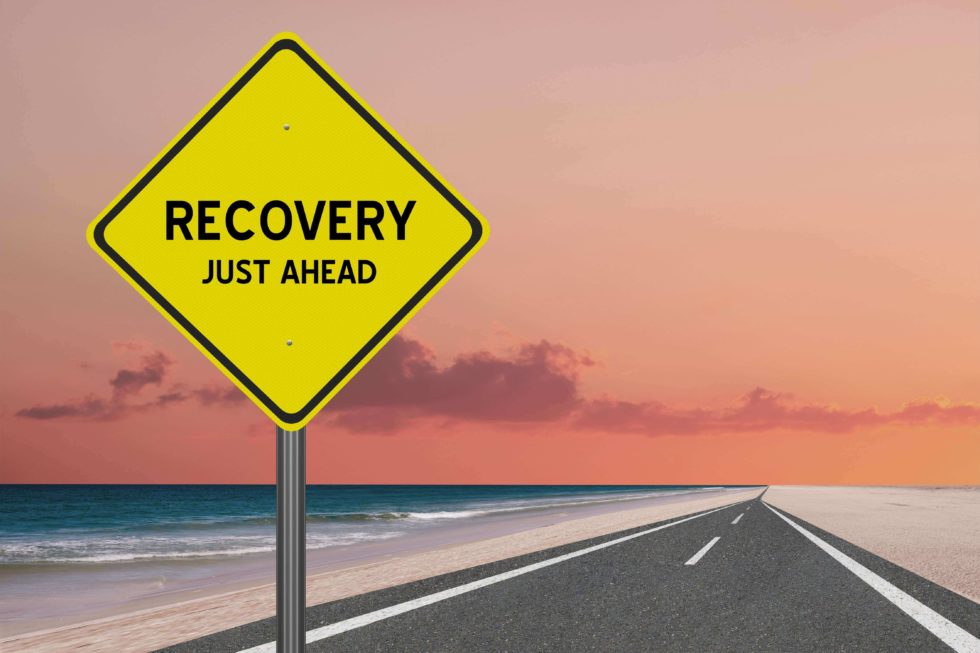Drug and Alcohol Detox
It doesn’t take a lot of courage to conquer an addictive drug habit. Because drug abuse affects the brain, it requires help for recovery to recover. Detoxing can be a good step towards recovery. Behavioral Heal Health provides medically monitored and supervised detox in Indiana and offers 24 hour clinic services. By addressing symptoms associated with withdrawal, we can encourage a healthy lifestyle in the community. Getting addicted can be difficult especially when you’re alone and not surrounded by people. Substance use leads to tolerance, thereby causing dependency and addiction.
The importance of alcohol detox
The alcohol detox phase is essential for treatment of drinking disorders. Throughout this period, alcohol goes completely out of the body. Generally withdrawal symptoms disappear within 1-2 months after detox, however this may be longer depending on severity of AUD. You can then begin working with other parts of your recovery such as various activities, therapy sessions, and other support options. Throughout your life alcohol becomes depressing, and you begin relying on it. Your mind starts absorbing chemicals from alcohol and becomes addicted to drugs when they stop producing the same chemical.
Symptoms of Alcohol Detox
During detoxing alcohol withdrawal can cause mild or severe side effects from alcohol. Sometimes your drinking disorder can affect your withdrawal symptoms. In general people suffering from a long period of drinking are accompanied by serious withdrawal symptoms such as epilepsy or depression. Major withdrawal symptoms from alcohol are mild but are rare. The symptoms can be severe within 2-4 weeks of drinking your last alcoholic beverage.
Patients who choose rapid or ultra-rapid detox are much less likely to continue on in treatment, such as attending inpatient or outpatient rehab.
Medications used during alcohol detox
Inpatient treatment for alcohol detox is often performed at the rehabilitation clinic. Different medications can also help alleviate the discomforts. Medical treatments can help maintain a chemistry balance, reducing the chances of serious complications. During rehabilitation doctors administer and measure medications to monitor effect. Whenever the drug causes relapse or is harmful, there is a remedy for this. Many medications are often given in detoxing phases.
After a week
Once you finish completing your detox, some withdrawal symptoms may be fading. Although symptoms may persist for weeks most are minor and are treatable with medication. Even a few patients experiencing acute withdrawal symptoms may experience the prolonged effects from detoxing. This typically includes anxiety, dread and sleep problems as well as delayed reflex and can last between months and years.
Naltrexone
Naltrexone can help lower cravings during detox. When alcohol withdrawal, naltrexone can reduce the feelings it causes. It can be difficult to get rid of any withdrawal symptoms after using Naloxone. It has two types: tablets and injectables. Naltrexone tablets and injection forms are available under Revia Depade and Vividrol respectively.
Alcohol Detox Timeline Summary
During this time the aversion generally peaking about 30 hours after re-drinking and decreasing after 50-60 hours. However delirium tremens is unlikely, roughly 30% of patients will have asthma. Medically-assisted withdrawals can help prevent serious complications, monitor patients’ medical history, and relieve pain.
Alcohol detox timeline
Withdrawal symptoms can appear up to 2 hrs following an elapsed period. Generally the pain symptoms usually subside during the first few days, although mild symptoms last several weeks to a year. It is not known if withdrawal symptoms are expected at all. Here are details of an alcoholic detox.
Days Three To Seven
After completing the detox program, different withdrawal symptoms may occur. This is the moment in which you are prone to delirium or other serious illnesses.
What Is Medically Supervised Detox?

Medical detox helps our patients safely withdraw from drugs and alcohol while facing a reduced risk for complications such as seizures, heart failure, and relapse/overdose. This treatment takes place in a comfortable setting where patients can relax and recover from drug dependence while being closely monitored and supervised by trained nurses and doctors. In most cases, medications are used to relieve withdrawal symptoms and help patients feel more comfortable during recovery.
Anyone who is physically dependent on drugs and/or alcohol and needs medical care to experience a safe withdrawal can benefit from drug detox. Opioids, alcohol, and benzodiazepines are substances of abuse that usually require a supervised detox due to the way they affect the brain and body to cause severe withdrawal. Before you begin your treatment program at drug or alcohol rehab, a medical doctor will perform an assessment and evaluation to determine whether drug detox is ideal for you.
How Long Does Drug and Alcohol Detox Last?
The drug and alcohol detox timeline can range anywhere between a few days to a couple of weeks, according to the World Health Organization. The length of drug detox is dependent on factors including the type of substance being used, the severity of dependence, and the person’s current state of health.
How can I prevent withdrawal symptoms?
The detox program and addiction treatment centers provide forms of medical detox which provide safe environments for detoxing. Medical professionals are required for patients to determine the potential risks to their lives. During alcohol withdrawal, someone could experience greater complications. In a hospital setting a doctor can safely assess the onset of alcoholic withdrawal symptoms as well as provide a safer withdrawal procedure for patients. During the rest of your stay, a physician can take control of withdrawal symptoms.

Symptoms of alcohol withdrawal syndrome?

Various alcohol withdrawal symptoms can range from very mild and easily detectable to very serious or fatal. Then, a lot of people are struggling with alcohol withdrawal. The differences between people vary. Complicated conditions, such as heart problems and seizures, are able to increase severity in withdrawal. Some people are unaware of their feelings of detoxication or confuse it as an addiction. However withdrawal symptoms gradually worsen.
Difference between detox and alcohol
Detoxication is a process of flushing the body with drugs and managing any associated withdrawal symptoms. The withdrawal syndrome caused by alcohol withdrawal from the body is known as alcohol withdrawal syndrome. The symptoms of colds vary widely from mild to severe; they could be confused or fatal to the victim. Unpredictable circumstances make medical intervention critical. The symptoms are similar to alcohol detoxification,
Treatment center or provider that better fits your needs. Please give us a call at 765-358-7320 .






